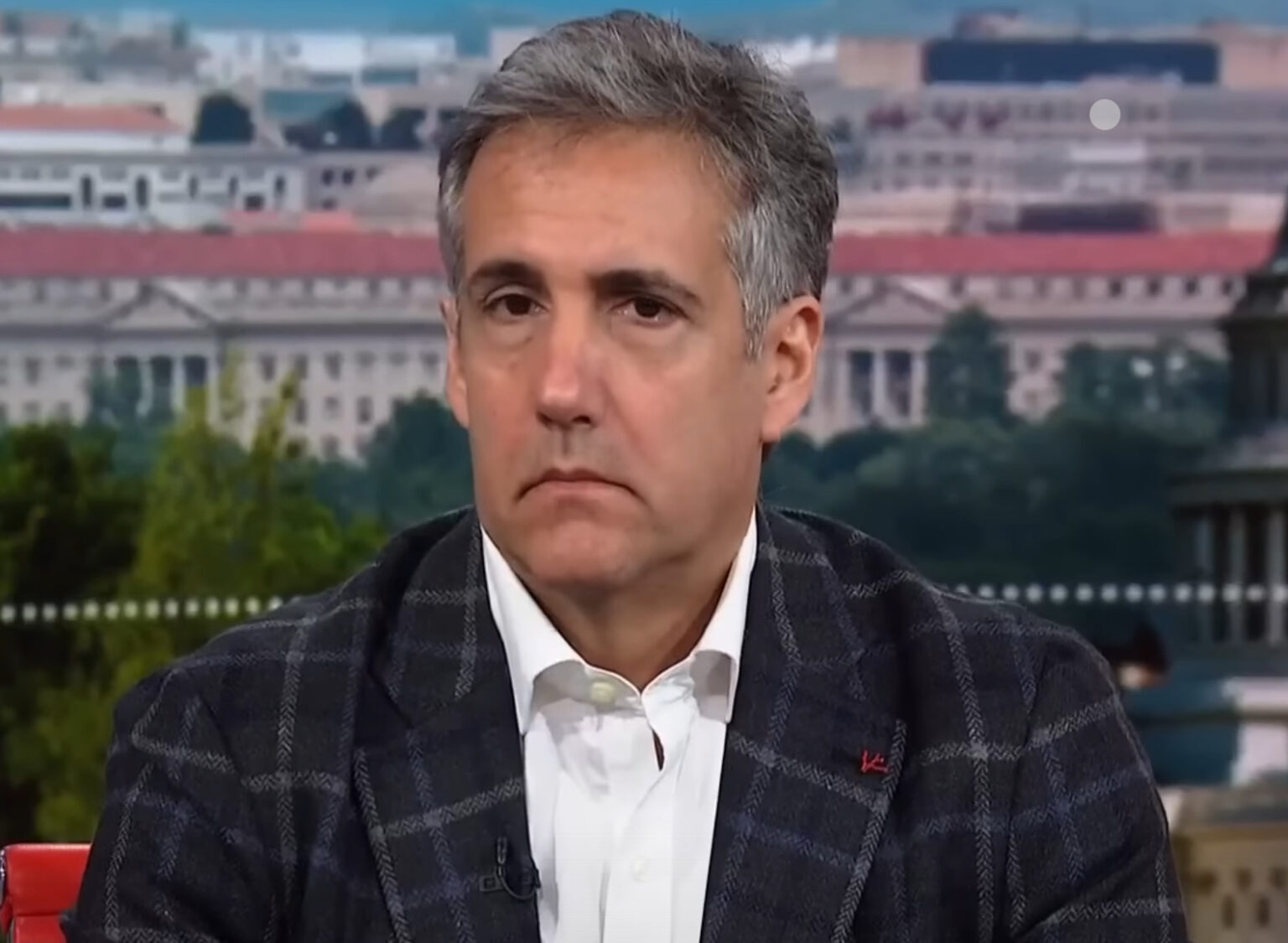On a recent Monday, the U.S. Supreme Court dismissed Michael Cohen’s civil rights lawsuit against former President Donald Trump, signaling a conclusive end to their legal feud. Cohen, once Trump’s personal attorney, contended that his imprisonment in 2020 was a retaliatory act orchestrated by Trump’s administration due to his vocal criticisms of the former president. In his petition to the Supreme Court, he articulated a broader concern about the implications of presidential power, arguing that it sets a dangerous precedent for a sitting president to retaliate against critics through the legal system. He invoked the historical context of the Founding Fathers’ fight against monarchical rule to underscore his claim about the necessity for accountability at the highest levels of government.
The Supreme Court’s dismissal of Cohen’s case came without any accompanying commentary, leaving much to interpretation regarding the Court’s stance on the matter. Notably, this ruling follows various unsuccessful attempts by Cohen to seek legal recourse, culminating in the high court’s definitive rejection of his appeal. Cohen’s legal journey highlighted his belief that he was not simply fighting a personal battle but rather advocating for a broader principle about the rule of law, particularly regarding the limits of presidential power and the rights of individual citizens to express dissent without fear of governmental retribution.
Following the Supreme Court’s ruling, Trump’s attorney Alina Habba publicly welcomed the decision, expressing that Cohen’s repeated efforts to involve Trump in legal proceedings were misguided and ultimately futile. Habba characterized Cohen’s actions as a “pathetic attempt” to besmirch Trump’s reputation through the courts and emphasized that the Supreme Court’s action reinforced the closure of this chapter in their ongoing skirmish. Furthermore, she suggested that Cohen should finally accept the Court’s firm rebuke and cease what she termed his “frivolous and desperate claims” against the former president.
Cohen’s lawsuit sought monetary damages not only from Trump but also from key figures such as former U.S. Attorney General William Barr, along with federal prison officials and the federal government. His imprisonment stemmed from a previous conviction for various financial crimes, and he contended that the actions taken against him were a direct response to his critical stance toward Trump, particularly following the publication of a book detailing his experiences with the former president. The implications of his claims raised questions about the intersection of free speech, political criticism, and the potential misuse of power by elected officials.
Throughout this legal battle, Cohen portrayed himself as a whistleblower of sorts, indicating that his experiences under Trump’s administration exemplified the dangers posed to democratic institutions and values when leaders act retaliatorily against dissenters. The crux of his argument revolved around the notion that no public official, especially a president, should be able to silence criticism through punitive measures. This perspective aligns with a broader discourse in American political thought that emphasizes the importance of checks and balances, and the necessity for accountability for those in power.
In conclusion, the Supreme Court’s dismissal of Cohen’s claims encapsulates a significant moment in the ongoing dialogue about political accountability and the safeguards necessary to protect citizens’ rights in a democratic society. While Cohen’s attempts to challenge Trump’s legacy in court have been unsuccessful, they highlight an enduring tension between executive power and personal liberties. The outcome of this high-profile case not only marks the end of Cohen’s legal pursuits against Trump but also serves as a reminder of the critical importance of maintaining a robust system of checks that prevent the misuse of power in political office, as envisioned by the Founding Fathers of the United States.

